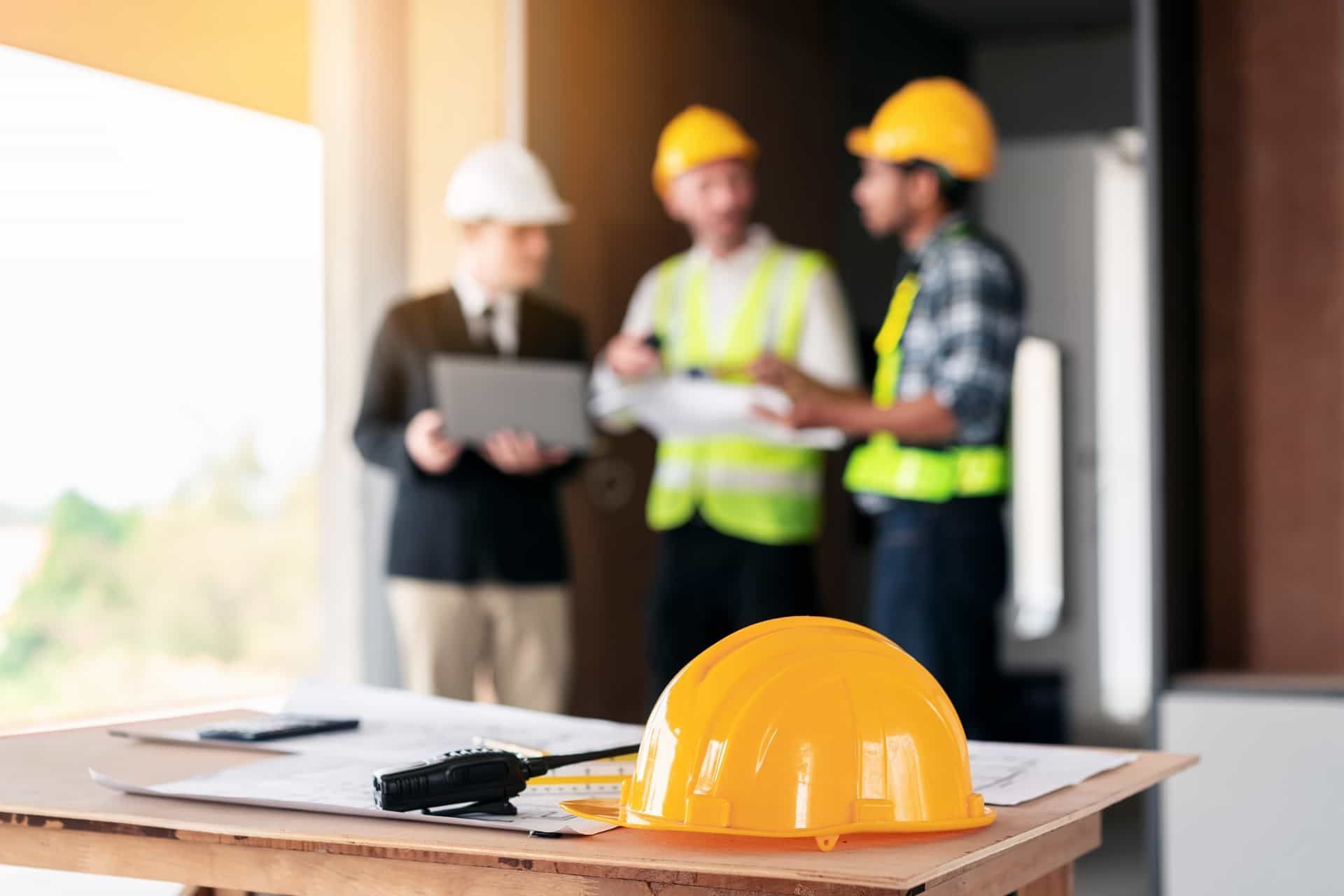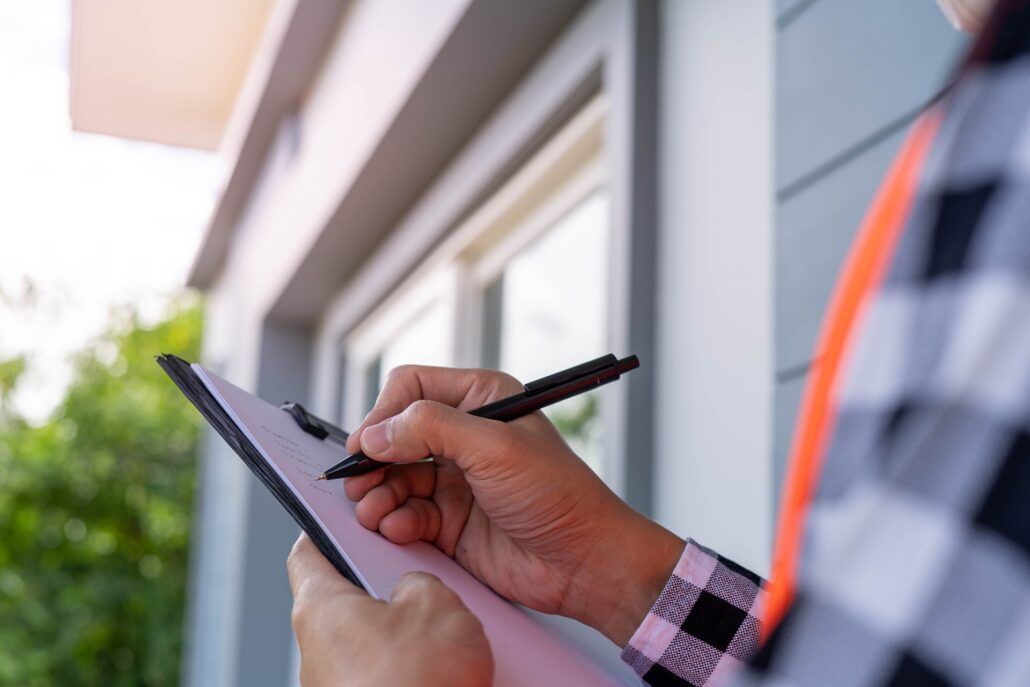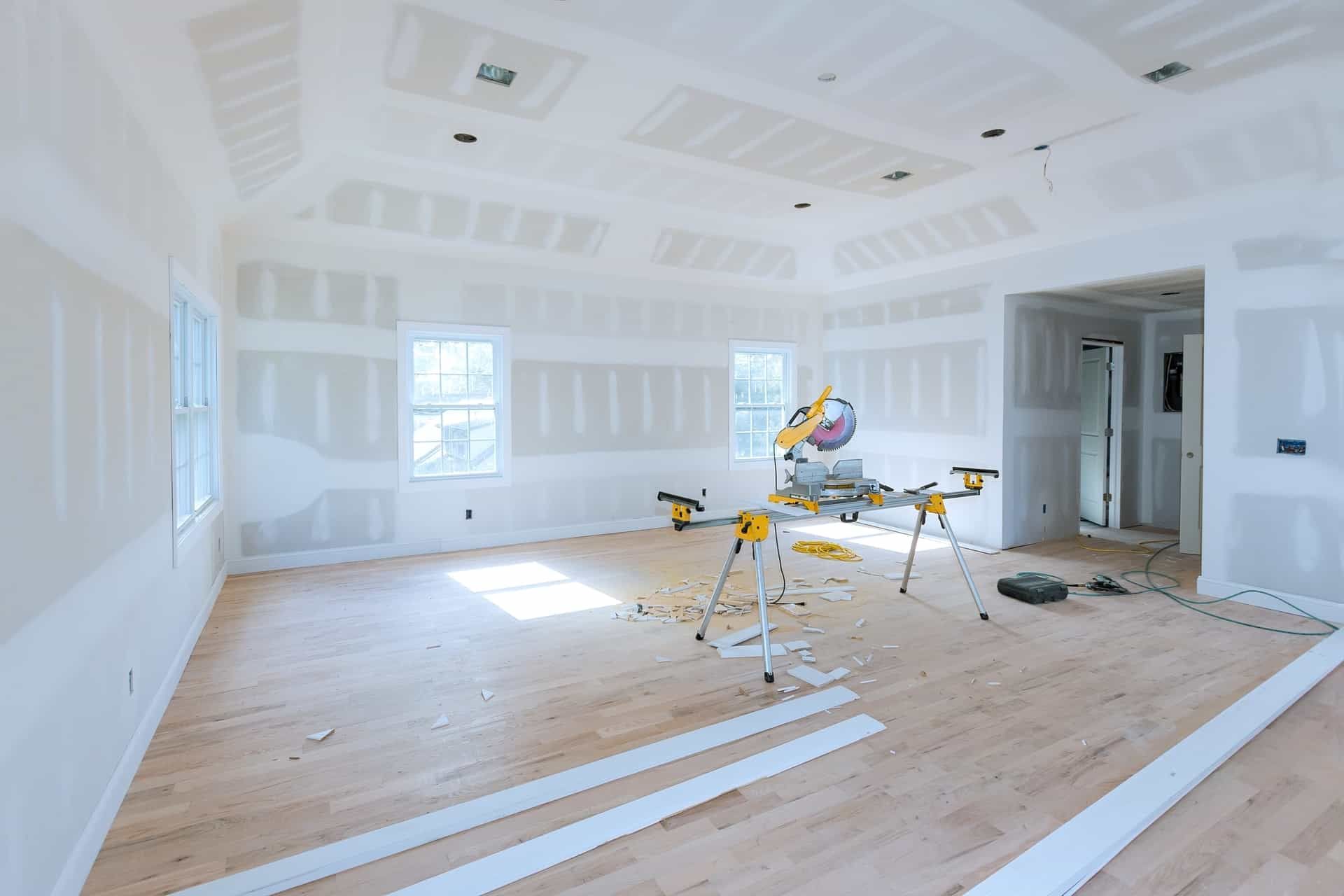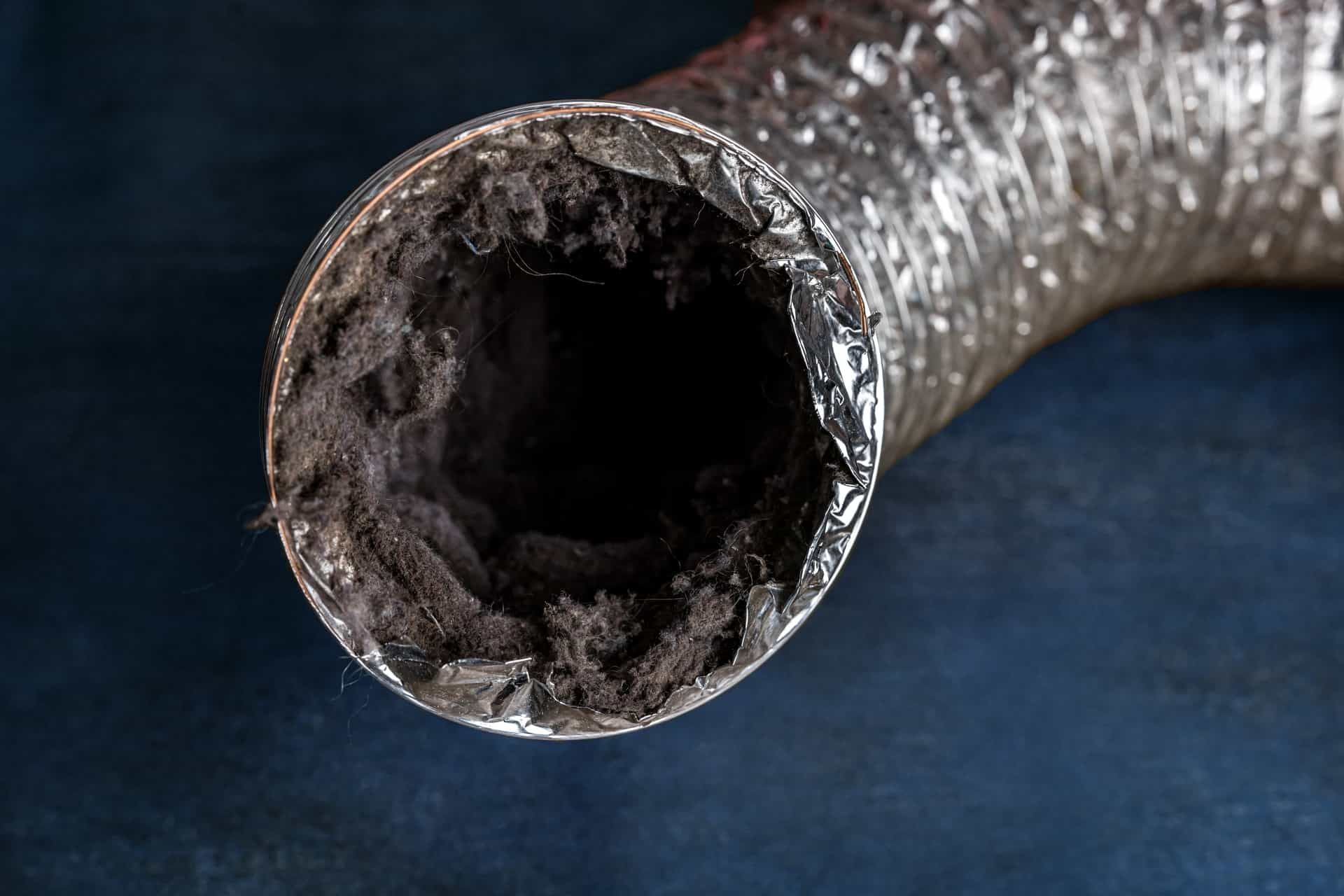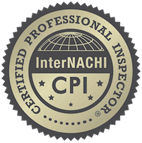What to Do When Your Home Inspection Reveals Issues
So you've found your dream home, a place where you can finally build some happy memories. But before you finalize the deal and celebrate there's one crucial step: the home inspection.
A home inspection is an objective, in-depth evaluation of a property's condition by a qualified professional. It's like getting a thorough medical checkup for your future home, uncovering any hidden issues that could turn your dream into a financial nightmare.
But what to do when home inspection is bad?
Let’s find out!
Why are home inspections important?
Think of a home inspection as an investment in your peace of mind. While a bad inspection report can feel like a punch in the gut, it's far better to uncover problems before you're locked into a mortgage and saddled with unexpected repairs.
In contrast to us, regular humans, Inspectors have a keen eye (and training) for spotting potential problems lurking beneath the surface. From electrical deficiencies to structural weaknesses or faulty plumbing, an inspection can reveal issues you might miss during a walkthrough.
If the inspection report unveils defects, it can become a powerful tool for negotiation. You can use the report to request repairs from the seller, ask for a price reduction to cover the cost of repairs yourself, or even walk away from the deal altogether (depending on the severity of the issues and the terms of your contract).
Lastly, the info you get from an inspection allows you to make informed decisions about the property. Knowing the condition of the home upfront empowers you to budget for potential repairs and avoid any nasty surprises down the road.
What do home inspections cover?
A typical home inspection covers a wide range of areas, providing a comprehensive picture of the property's health. Here's a general overview:
- Foundation: The inspector will examine the foundation for cracks, unevenness, or signs of water damage.
- Exterior: The inspection will assess the roof's condition, including shingles, flashing, and potential leaks. It will also look at the siding, gutters, windows, and doors for any damage or wear and tear.
- Interior: The inspector will examine walls, ceilings, and floors for structural soundness, cracks, water damage, or signs of pests. They'll also check major systems like the electrical wiring, plumbing, and HVAC unit.
- Safety Features: Smoke detectors, carbon monoxide detectors, and fire extinguishers will be inspected to ensure they are functioning properly.
Can You Fail a Home Inspection?
There's no such thing as a "pass" or "fail" on a home inspection report. The report simply documents the condition of the property, identifying any existing defects or areas that require attention.
However, a bad inspection report with a long list of serious issues might give you pause. While some minor repairs are to be expected in any home, extensive structural problems, electrical hazards, or major plumbing issues could be deal breakers, depending on your risk tolerance and budget.
What to do when your home inspection is bad
Let's face it, a bad inspection report can be disheartening. But before you throw in the towel on your dream home, take a deep breath and formulate a clear plan of action. Sit down with your inspector and go over each identified issue in detail. Consider the severity of the problems, the potential repair costs, and the urgency of addressing them.
Not all repairs are created equal. Distinguish between critical issues that require immediate attention (like electrical hazards) and less urgent cosmetic fixes.
You should also discuss the report and your options with a real estate agent. They can help you navigate negotiations with the seller and advise you on the best course of action.
Armed with the inspection report and your prioritized list of repairs, you can approach the seller and negotiate solutions. You can request the seller to make the repairs themselves, offer a lower purchase price to cover the repair costs or split the responsibility. To strengthen your negotiation position, get quotes from licensed contractors for the identified repairs. This will give you a clearer picture of the potential financial burden and allow you to present a more realistic solution to the seller.
Depending on the repairs needed and your financial situation, consider home renovation loans or FHA 203(k) loans that can cover both the purchase price and the cost of repairs.
When should you walk away from a deal?
There will be situations where walking away from the house might be the wisest decision, even though it can be tough. Yet, if the inspection reveals extensive structural damage, foundation problems, or a compromised roof, the repair costs could easily eat into your savings and leave you house-rich but cash-poor.
Also, if the seller is unwilling to budge on repairs or price reductions, and the cost of fixing the issues is beyond your budget or comfort zone, walking away might be the best option.
Any defects that pose major safety hazards like faulty electrical wiring, a leaking gas line, or a compromised foundation could be a serious risk to your and your family's safety, and you shouldn’t move into a home with those problems.
Remember, you are not obligated to move forward with the purchase just because you've made an offer. A bad inspection report is a legitimate reason to walk away and keep searching for a home that better suits your needs and budget.
Is it a dream home or a disaster in disguise?
The home buying process is an exciting yet daunting journey. A home inspection, while potentially revealing some bumps in the road, is a vital step that empowers you to make informed decisions.
By understanding what a home inspection covers and what to do when the report isn't ideal (like the scenarios mentioned above), you can approach the situation with confidence.
Remember, a bad inspection report doesn't have to derail your dream of homeownership. It can simply be a detour that leads you to a property that's a better fit in the long run.
Here in Florida,
Guardian Angel Inspections is committed to providing top-notch inspection services to empower home buyers with the knowledge they need to make sound decisions.
Our team of highly qualified and experienced inspectors will meticulously examine your potential property, uncovering any hidden issues and providing you with a comprehensive, easy-to-understand report. Don't let a bad "what to do when home inspection is bad" situation catch you off guard.
Contact Guardian Angel Inspection today and let us help you find your perfect home with confidence! Just dial 561-512-7854 or fill out our
contact form and we’ll be with you shortly!
Disclaimer: The information on this website and blog is for general informational purposes only and is not professional advice. We make no guarantees of accuracy or completeness. We disclaim all liability for errors, omissions, or reliance on this content. Always consult a qualified professional for specific guidance.
Share this entry

